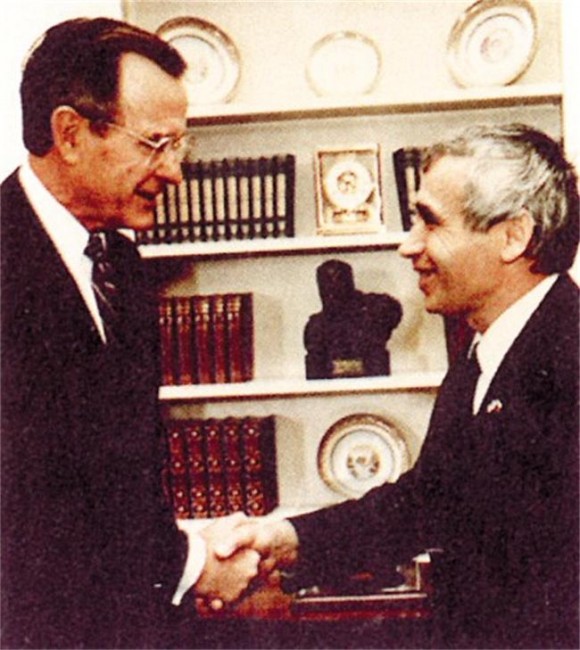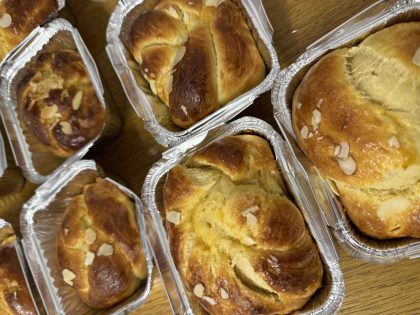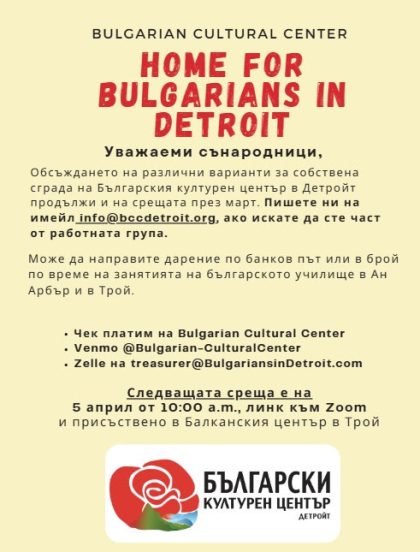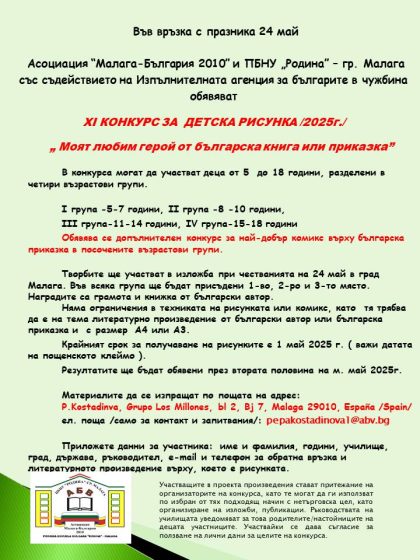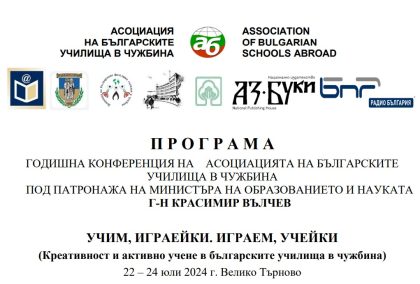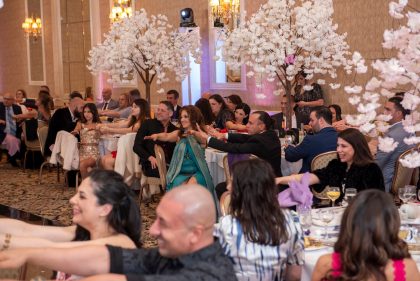By Associated Press January 30
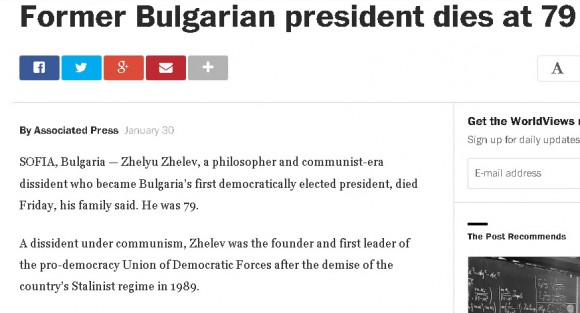 SOFIA, Bulgaria — Zhelyu Zhelev, a philosopher and communist-era dissident who became Bulgaria’s first democratically elected president, died Friday, his family said. He was 79.
SOFIA, Bulgaria — Zhelyu Zhelev, a philosopher and communist-era dissident who became Bulgaria’s first democratically elected president, died Friday, his family said. He was 79.
A dissident under communism, Zhelev was the founder and first leader of the pro-democracy Union of Democratic Forces after the demise of the country’s Stalinist regime in 1989.
As in other East European countries abandoning Stalinism, Bulgarians chose for the presidency an intellectual untainted by a Communist past.
In 1990, the parliament picked Zhelev to become president. He then won in a nationwide presidential vote in 1992, and served until 1997.
His successor, Petar Stoyanov, praised Zhelev’s contribution to “bringing back Bulgaria to the family of free and democratic European nations.”
The slightly built Zhelev was a man of letters rather than politics, though in his academic work he clashed with the communist authorities. Despite the lack of charisma and political experience at the outset, Zhelev became a respected leader and swiftly gained popularity among Bulgarians.
Before 1989, Zhelev was known only to some intellectuals who managed to get a copy of his book “Fascism,” published in 1981. A searching analysis of totalitarianism, the book was soon banned and removed from bookstores as the authorities found that the critique of the fascist dictatorship was equally applicable to the communist system of government. It became a best-seller only with its republication after the collapse of communism.
Born March 3, 1935, Zhelev studied philosophy at Sofia University. From 1958-61 he worked in the House of Culture in Veselinovo near Shumen in northern Bulgaria.
He failed to complete his postgraduate studies in 1961-64 because his dissertation challenged Lenin’s theory of matter. Zhelev was expelled from the Communist Party in 1964.
For the next eight years, Zhelev was either jobless or worked in casual jobs in agriculture in his wife’s hometown.
After he left the presidency, Zhelev founded the Balkan Political Club, a non-formal caucus of former heads of state, who suggested strategies for the development of the region.
Source: The Washington Post
–––––––––––––––––––––––––––––––––––––––––––––––
